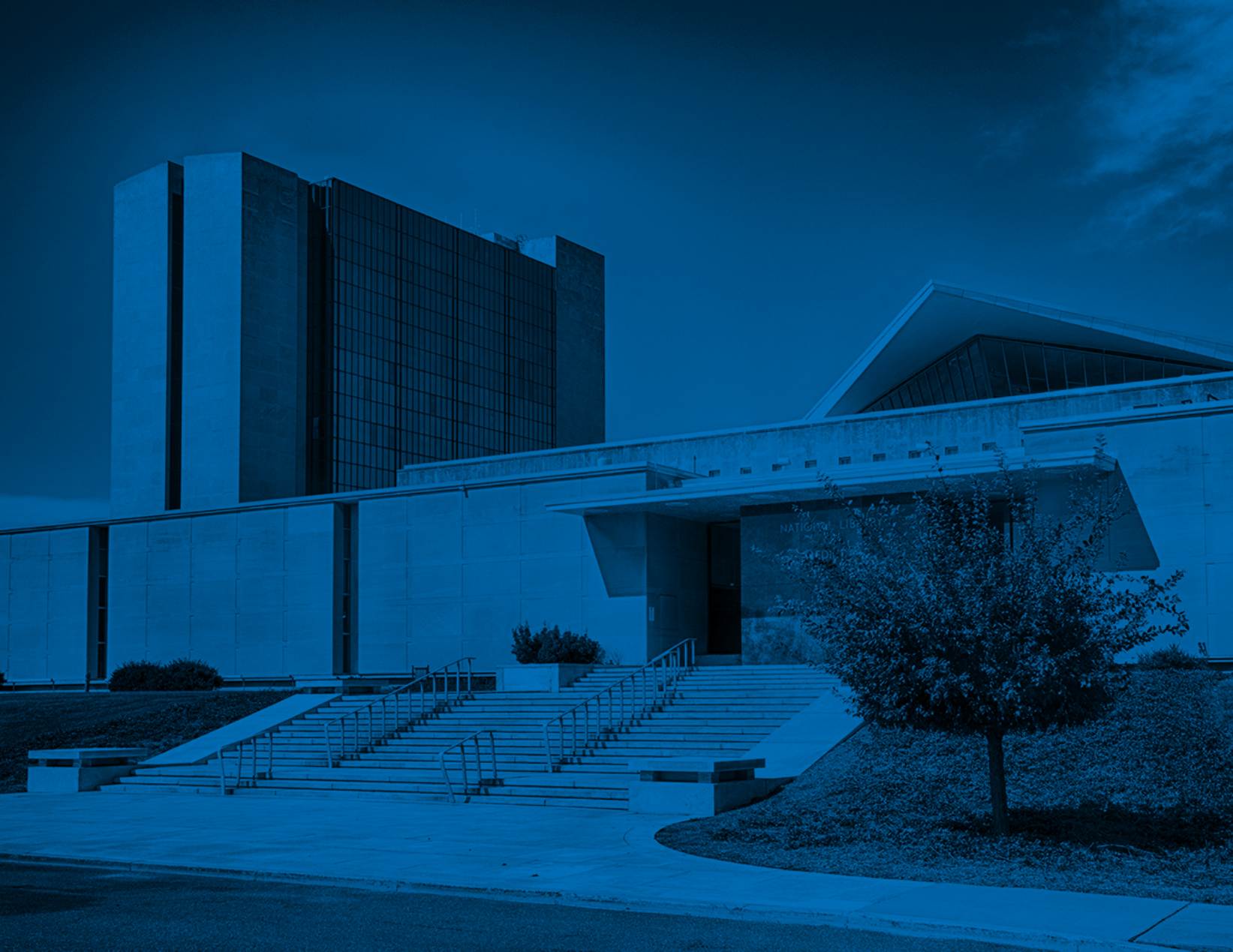NLM’s evolutionary genomics and biomolecular structure research focuses on developing and employing advanced computational methods. These methods compare genomes of all life forms, with the goal of understanding their function and evolution. This area of research includes the comprehensive study of the evolution of viruses and host-parasite coevolution, including the genomic evolution of cancers and development of theoretical models of genome evolution.

Distinguished Investigator, Computational Biology Branch
Eugene Koonin, PhD
- Discovering new types of CRISPR-Cas systems
- Discovering new families of viruses
- Developing a general theory of microbial evolution
- Classifying human cancers by analyzing tumor-mutation networks
- Expanding metagenomic analyses to discover novel antibiotics, resistance mechanisms, and new mechanisms of microbial immunity
- Increasing the focus on cancer genomics and evolution

Tenure Track Investigator, NLM DIR
Xiaofang Jiang, PhD
- Discovering and characterizing novel microbiome enzymes with implications for human health and physiology, exemplified by bilirubin reductase
- Discovering new types of microbial enzymes involved in glycan synthesis and degradation
- Exploring the binding specificity and functional consequences of protein-glycan interactions

Senior Investigator, Computational Biology Branch
Aravind Iyer, PhD
- Discovering protein domains and systems involved in nucleic acid repair and protein/nucleic acid modifications
- Discovering novel effectors systems deployed in biological conflicts and discovering components of eukaryotic and prokaryotic immunity
- Exploring the unknown biochemical space of proteins
- Developing a unified molecular evolutionary theory for biological conflicts

Stadtman Tenure Track Investigator, NLM DIR
Lauren Porter, PhD
- Discovering new fold-switching proteins
- Developing computational modeling of fold-switching proteins
- Validating experimental characterizations of the structures, mechanisms, and functions of fold-switching proteins




